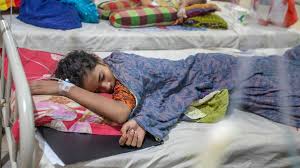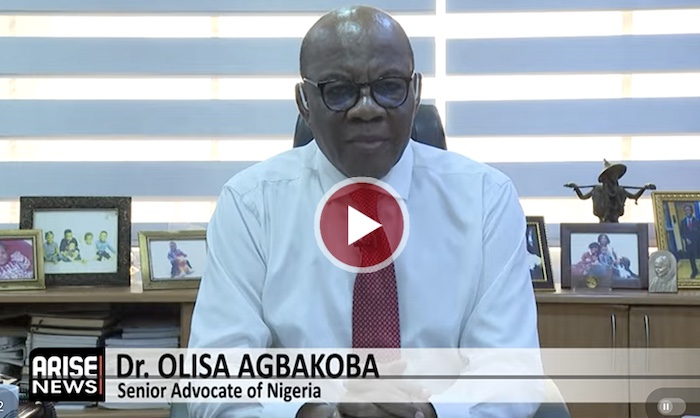
Data from Bangladesh’s Directorate General of Health Services (DGHS) show that as of October 6, 2025, more than 50,689 dengue cases and 215 deaths have been reported nationwide, a sharp increase from the same period last year.
An entomologist at Jahangirnagar University, Professor Kabirul Bashar, warned that the mosquito-borne disease, already severe in September, could reach “alarming” levels this month. He attributed the surge to climate change, erratic rainfall, and weak local government action that disrupted regular anti-mosquito drives, particularly during extended holidays.
“If we fail to act now, the situation could spiral out of control,” Bashar said, noting that rising temperatures and irregular weather patterns have extended mosquito breeding seasons. He added that delays in cleaning and fogging operations have worsened the problem, allowing dengue to spread beyond major cities into smaller towns and rural areas, a worrying sign it could become endemic nationwide.
Hospitals are now under increasing strain as patient numbers climb, with doctors warning that intensive care units are nearing capacity. Health officials fear that if transmission continues at the current pace, the country could face one of its worst dengue seasons in recent years.
Bangladesh’s worst year on record for dengue was 2023, when the disease killed 1,705 people and infected more than 321,000. Experts caution that unless strong and sustained preventive measures are taken, the country risks entering another devastating cycle of outbreaks.
Complicating matters further, Bangladesh is also witnessing a rise in chikungunya cases, another mosquito-borne illness, adding pressure to an already burdened healthcare system.



